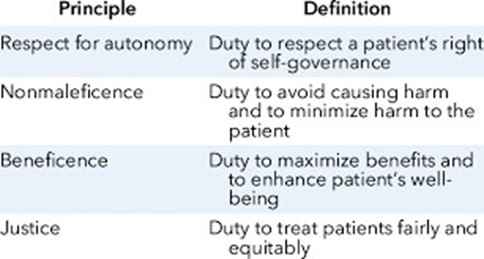A community health nurse is providing education to a group of older adults about immunizations.
Which of the following immunizations should the nurse recommend?
Human papillomavirus (HPV)
Rotavirus.
Diphtheria, tetanus, and acellular pertussis (DTaP)
Herpes zoster.
The Correct Answer is D
Choice A rationale:
Human papillomavirus (HPV) vaccination is recommended for adolescents and young adults to prevent HPV-related cancers and diseases. However, in the context of older adults, especially those who are not previously vaccinated, the priority shifts to other immunizations that are more relevant to their age group.
Choice B rationale:
Rotavirus vaccination is administered to infants to protect against rotavirus infections, which can cause severe diarrhea and dehydration. It is not a priority immunization for older adults. Older adults are at higher risk for certain diseases, and their immunization focus should be on vaccines that prevent those specific conditions.
Choice C rationale:
Diphtheria, tetanus, and acellular pertussis (DTaP) vaccination is essential for children and adults, especially for those who have not received a complete series of vaccinations. However, the question specifies older adults, and DTaP is typically administered to children. While it is crucial for healthcare providers and family members to stay up-to-date with their vaccinations, other immunizations are more pertinent for older adults.
Choice D rationale:
Herpes zoster vaccination (shingles vaccine) is recommended for adults aged 50 years and older. Herpes zoster is a painful rash caused by the reactivation of the varicella-zoster virus, which also causes chickenpox. Older adults are at higher risk of developing shingles, and vaccination can reduce the likelihood of the disease and its complications. Therefore, the nurse should recommend the herpes zoster vaccine to the group of older adults as it aligns with their age and addresses a specific health risk they face.
Nursing Test Bank
Naxlex Comprehensive Predictor Exams
Related Questions
Correct Answer is B
Explanation
Use a reward system to modify the child's behavior.
Rationale:
- A. Incorrect. Maintaining a flexible daily schedule for the child may increase their anxiety and confusion, as they may have difficulty adapting to changes in routine and expectations. The nurse should advise the parents to establish a consistent and structured schedule for the child, with clear rules and boundaries.
- B. Correct. Using a reward system to modify the child's behavior is an effective strategy to reinforce positive behaviors and reduce negative ones. The nurse should help the parents identify specific and measurable goals for the child, and provide them with praise, tokens, or privileges when they achieve them.
- C. Incorrect. Providing a variety of family members to care for the child may overwhelm them and impair their social skills development, as they may have difficulty forming attachments and communicating with different people. The nurse should encourage the parents to select one or two primary caregivers for the child, who can provide them with consistent and supportive interactions.
- D. Incorrect. Administering alprazolam as needed to reduce the child's anxiety is not recommended, as it may cause adverse effects such as sedation, dependence, or withdrawal symptoms. The nurse should educate the parents about nonpharmacological interventions for anxiety, such as relaxation techniques, cognitive behavioral therapy, or social skills training.
Correct Answer is A
Explanation
- A. Autonomy is the ethical principle that respects the right of clients to make their own decisions and choices regarding their health care. Informed consent is a process that ensures that clients are fully informed of the benefits, risks, alternatives, and consequences of a proposed treatment or procedure, and that they voluntarily agree to it.
- B. Nonmaleficence is the ethical principle that obliges health care providers to do no harm to clients, either intentionally or unintentionally. Informed consent does not directly promote this principle, although it may help to prevent harm by disclosing potential risks and complications.
- C. Justice is the ethical principle that requires fair and equal treatment of all clients, regardless of their personal characteristics, preferences, or values. Informed consent does not directly promote this principle, although it may help to ensure that clients are not coerced or manipulated into accepting a treatment or procedure that they do not want or need.
- D. Fidelity is the ethical principle that requires health care providers to be faithful and loyal to their clients, and to honor their commitments and promises. Informed consent does not directly promote this principle, although it may help to establish trust and rapport between clients and providers.

Whether you are a student looking to ace your exams or a practicing nurse seeking to enhance your expertise , our nursing education contents will empower you with the confidence and competence to make a difference in the lives of patients and become a respected leader in the healthcare field.
Visit Naxlex, invest in your future and unlock endless possibilities with our unparalleled nursing education contents today
Report Wrong Answer on the Current Question
Do you disagree with the answer? If yes, what is your expected answer? Explain.
Kindly be descriptive with the issue you are facing.
